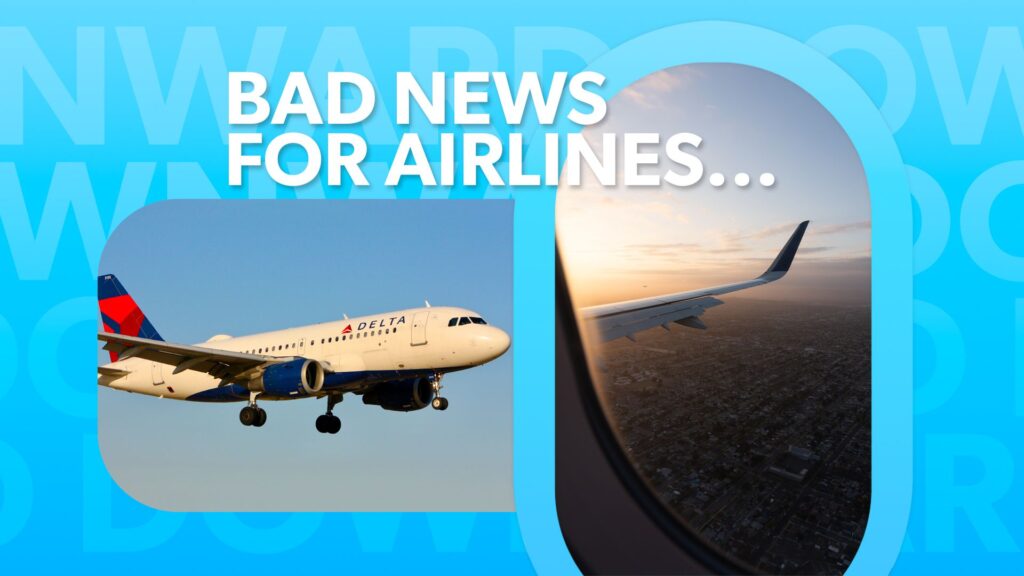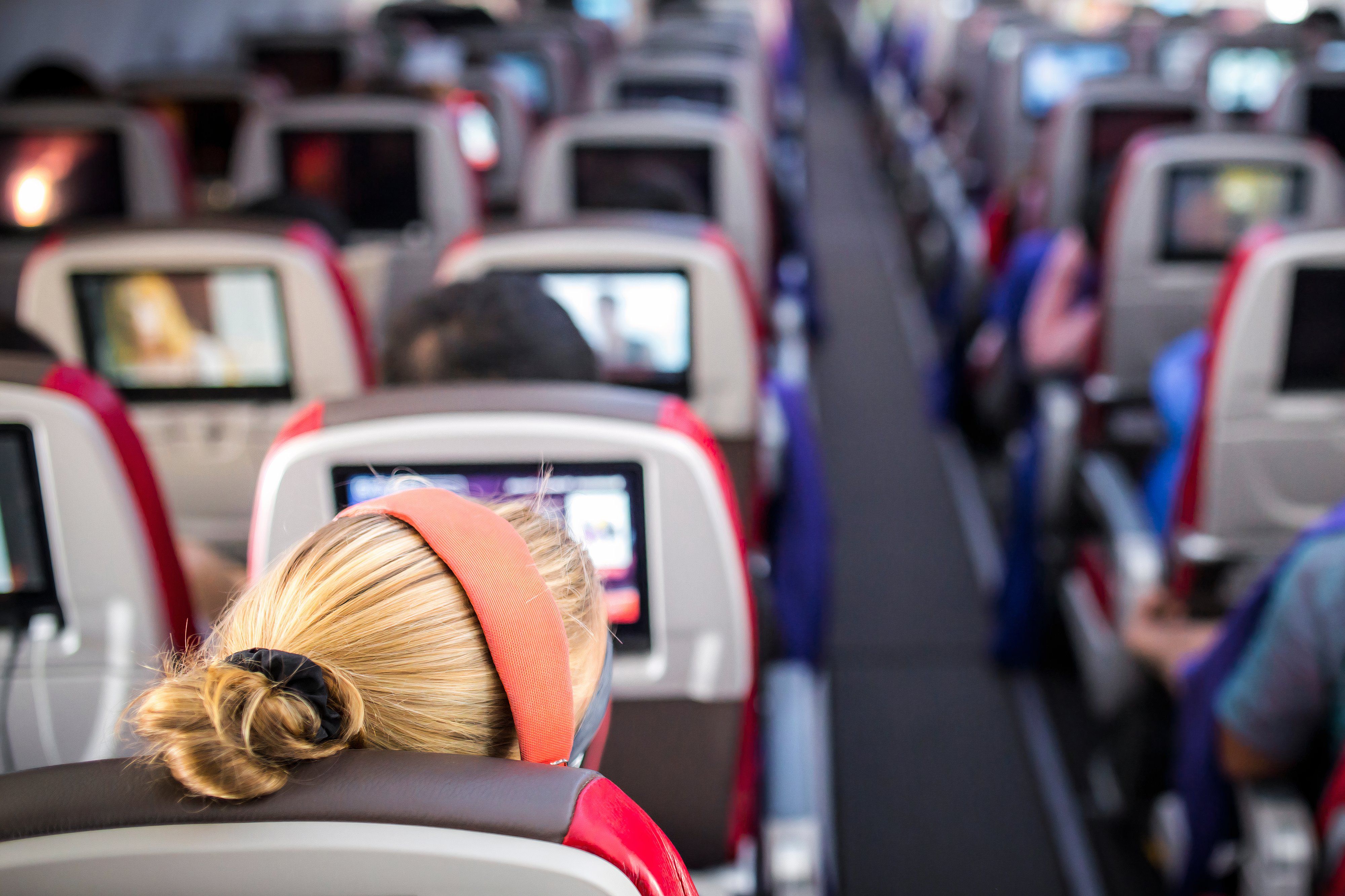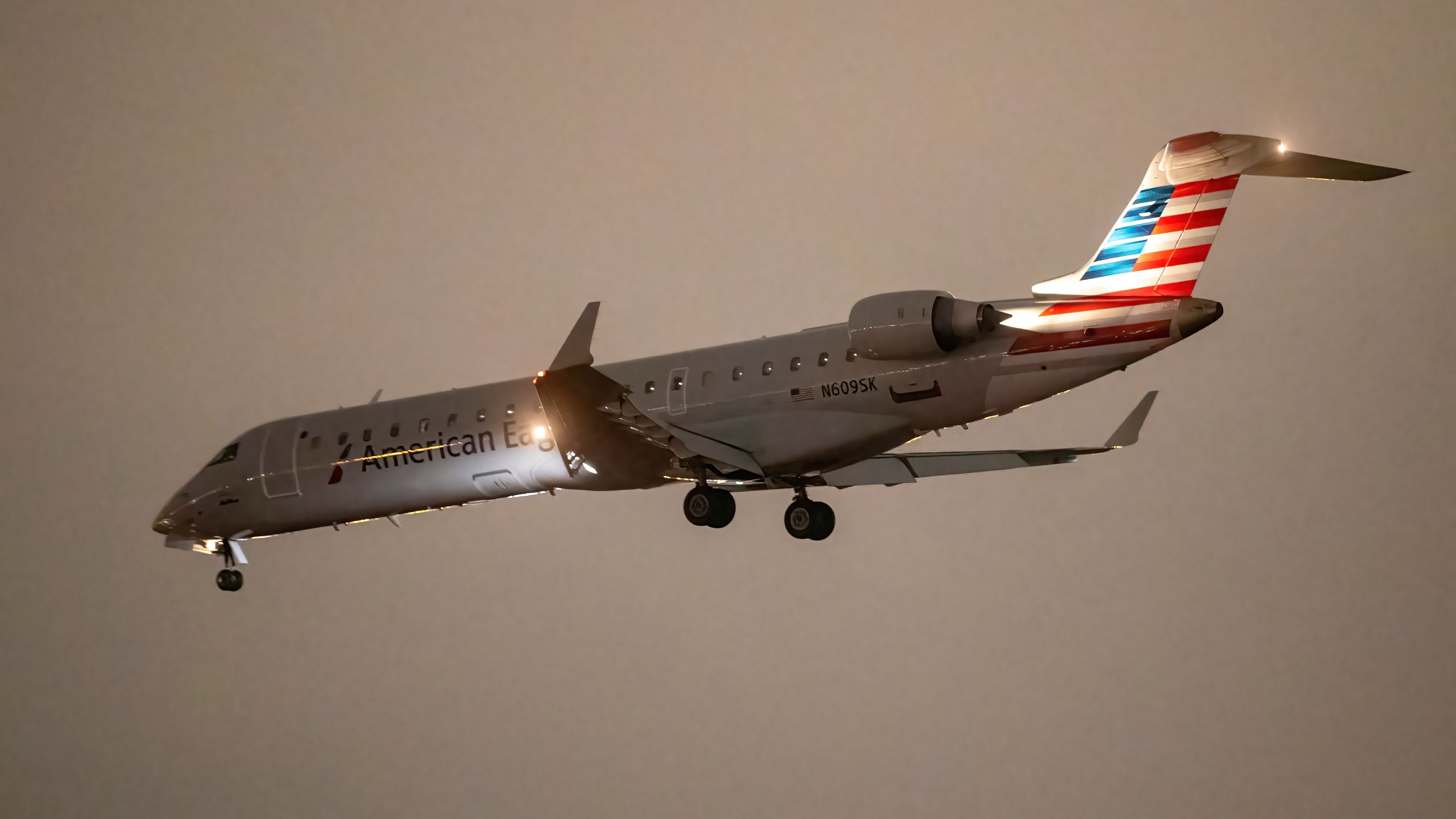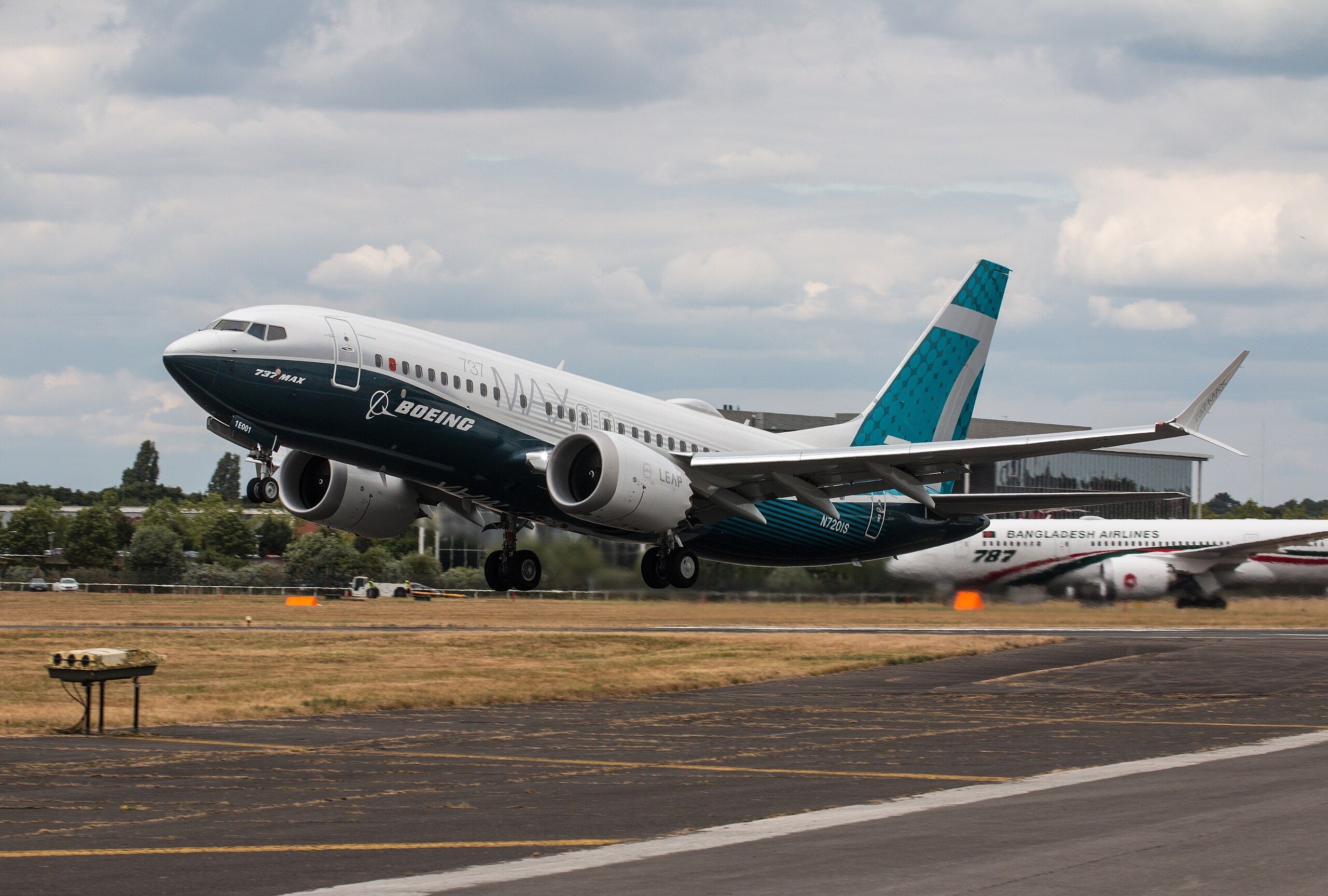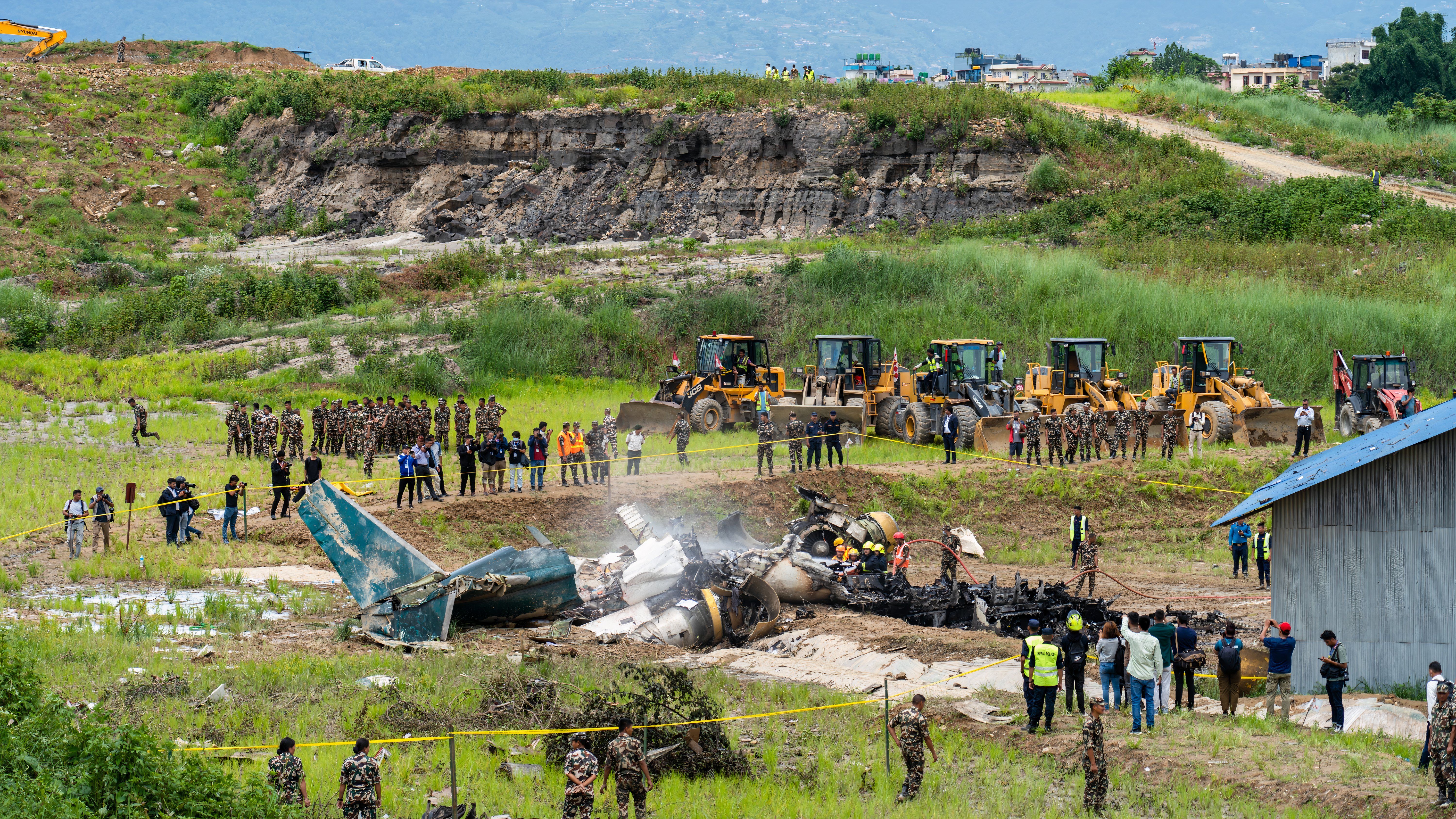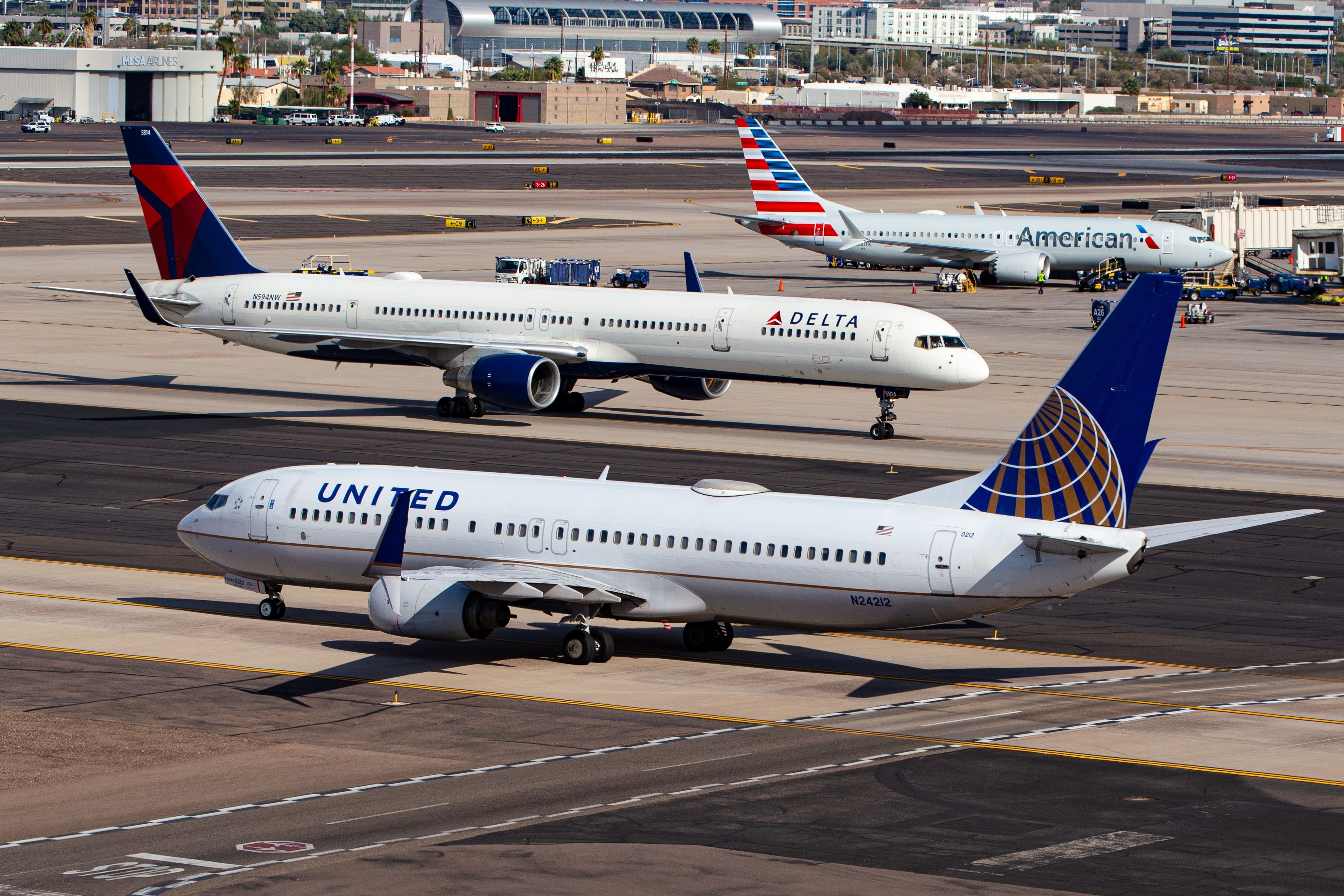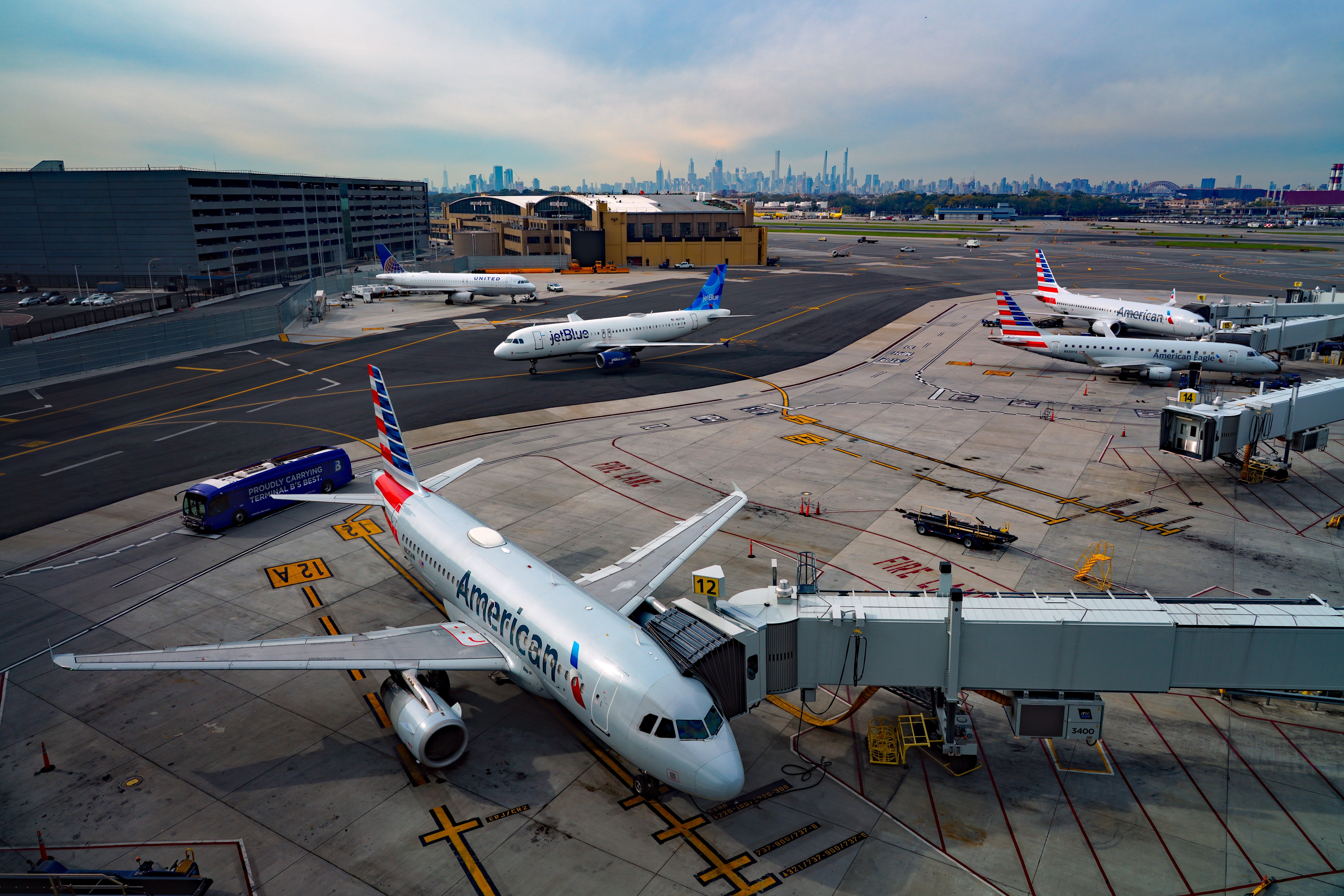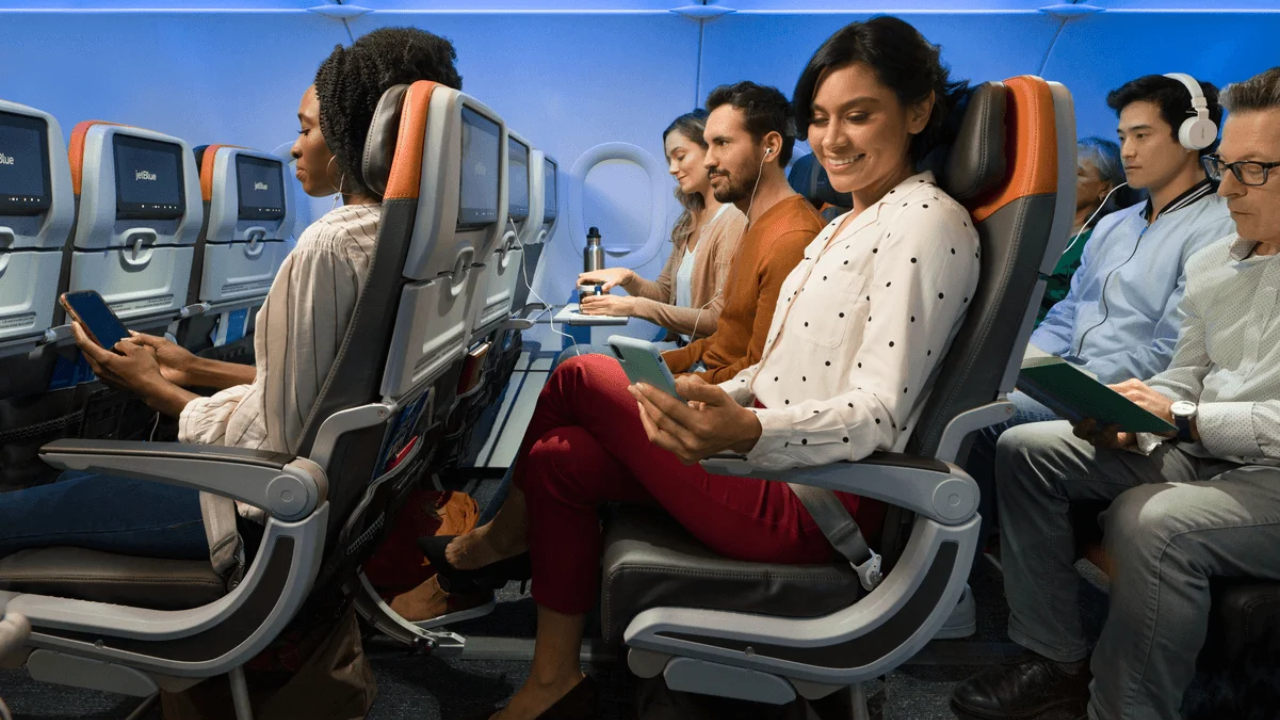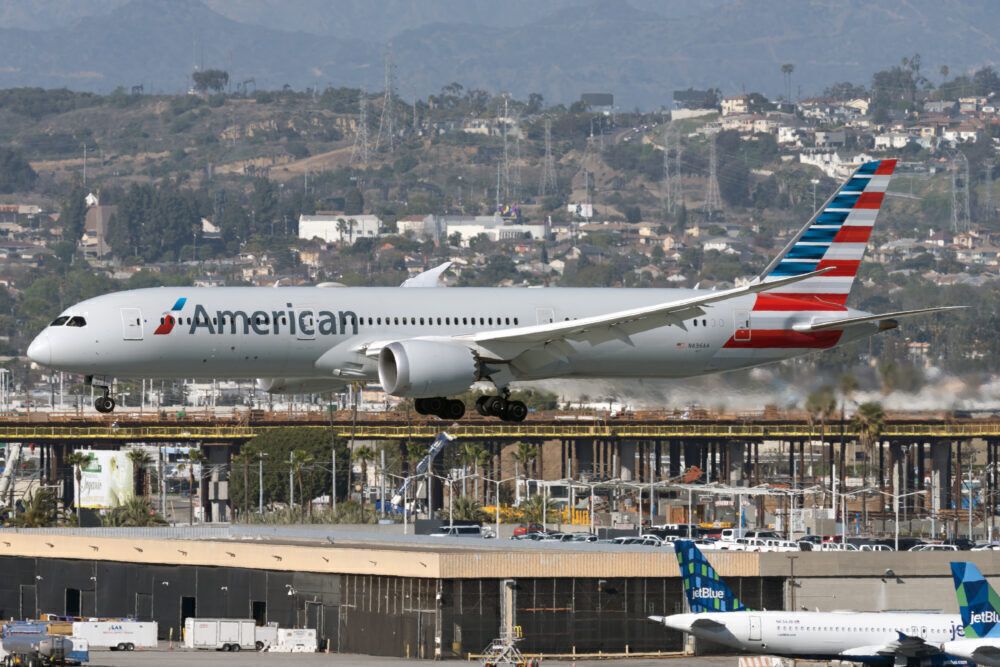In recent months, the US airline industry has experienced a notable decline in flight bookings, a trend that has raised concerns among carriers and industry analysts alike. While economic factors such as recession fears and reduced consumer spending play a role, a significant contributor to this downturn is an unexpected psychological factor – which is surprisingly more common than you’d think. Read on to find out what this reason is and how it has been exacerbated by a series of recent aviation accidents, leading to a palpable decline in consumer confidence in air travel.
Aerophobia: the fear of flying and its impact on travel behavior
According to CNN Business, major US carriers, including Delta Air Lines and United Airlines, have experienced a decline in ticket sales and forecast revenue. Although there are several obvious factors causing this – such as economic uncertainty and a drop in consumer confidence – the fear of flying has also changed the outlook of flight demand, following a series of incidents and accidents.
Photo: CatwalkPhotos | Shutterstock
Aerophobia, commonly known as the fear of flying, is a psychological condition that affects more than 25 million adults in the US – that’s nearly 10% of the adult population. While some individuals experience mild discomfort or nervousness before a flight, others suffer from debilitating anxiety that prevents them from boarding an aircraft altogether, per the Cleveland Clinic. In the wake of recent aviation accidents, aerophobia has become a growing factor influencing the current decline in US flight bookings.
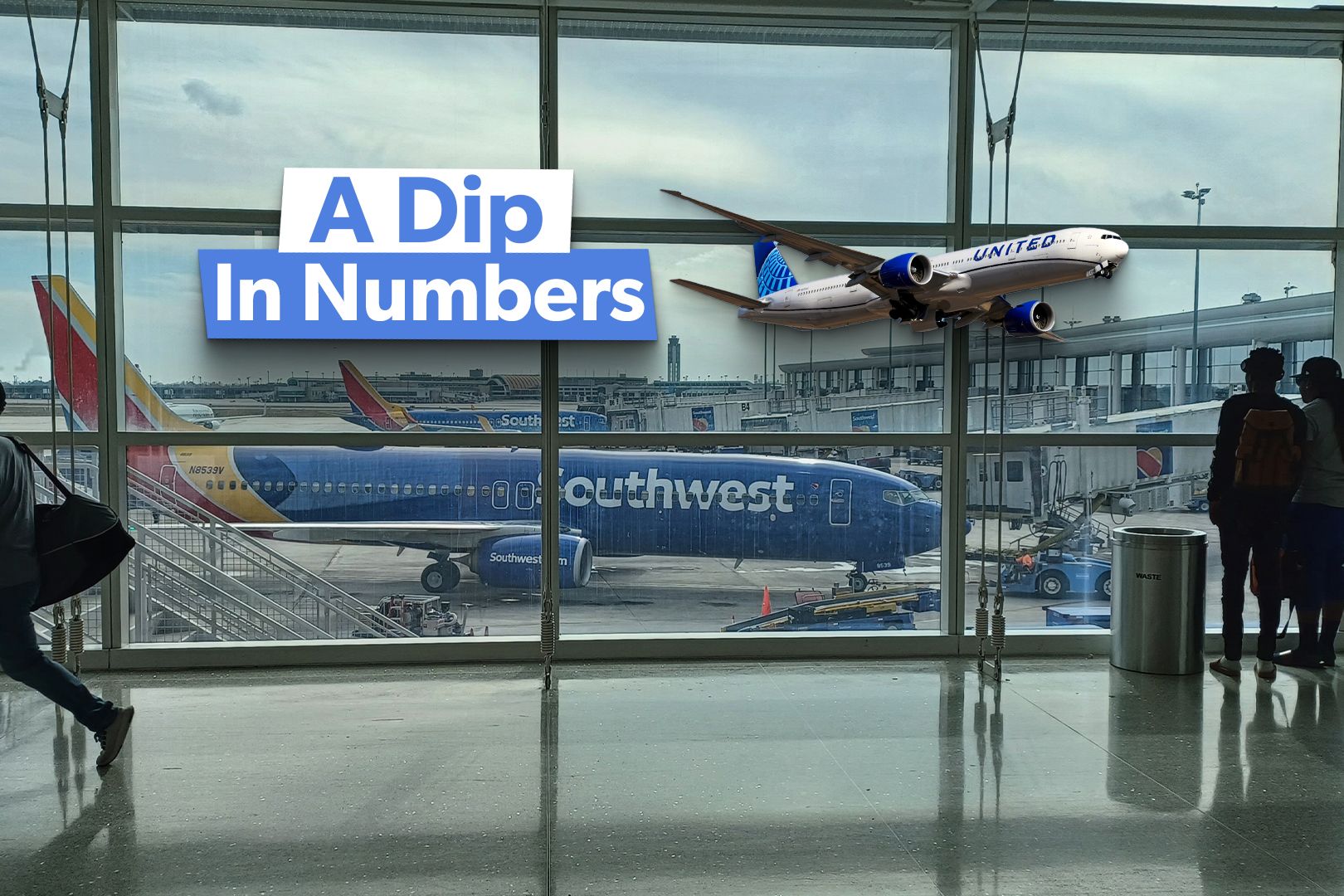
Related
5 Airports With Passenger Declines Over 3% Last Year
Very few facilities saw passenger traffic decline.
So, what causes aerophobia? It is a complex phobia that can stem from various factors, including:
Factor
Description
Past traumatic experiences
Individuals who have experienced severe turbulence, emergency landings, or even distressing news about aviation accidents may develop long-term anxiety about flying.
Media influence and overexposure
High-profile crashes receive intense media coverage, often replaying graphic details and worst-case scenarios. This creates an availability heuristic, where people overestimate the likelihood of an accident because they can easily recall recent reports of crashes.
Fear of heights (acrophobia)
Some aerophobic individuals also struggle with acrophobia, making the idea of being tens of thousands of feet above the ground a source of immense distress.
Lack of control
Unlike driving a car, where individuals feel in charge of their own safety, flying requires complete trust in pilots, air traffic controllers, and aircraft technology. This perceived loss of control can trigger anxiety.
Claustrophobia and fear of confinement
The enclosed environment of an airplane cabin, coupled with the inability to exit at will, can exacerbate feelings of panic for some passengers.
The impact of recent aviation accidents
The aviation industry, traditionally lauded for its safety record, has faced scrutiny following recent incidents that have shaken public trust. Notably, a tragic midair collision occurred on January 29, involving an Army helicopter and an American Eagle regional jet near Ronald Reagan Washington National Airport, resulting in 67 fatalities. This incident has not only led to immediate regulatory responses but has also left an indelible mark on the psyche of potential travelers.
Photo: Karolis Kavolelis | Shutterstock
In the aftermath of such accidents, airlines have observed a discernible drop in bookings. As such, with these recent incidents dominating headlines, a growing number of travelers are either postponing flights, switching to alternative modes of transportation, or avoiding air travel altogether. The trends observed among travelers include:
Increased flight cancelations – including last-minute cancelations, especially on routes that require long-haul flights.
Reduced advance bookings – passengers who normally book flights months in advance are holding off, waiting for more reassurances about safety.
Shift to alternative transport – for domestic travel, some individuals are opting for road trips or train journeys to avoid the perceived risks of flying.
Historical precedents: the Boeing 737 MAX groundings
The current decline in flight bookings due to fear of flying is not an isolated phenomenon. Historically, similar patterns have emerged following major aviation incidents. A pertinent example is the grounding of the Boeing 737 MAX fleet in 2019 after two fatal crashes. Public sentiment during that period mirrored today’s apprehensions, with surveys indicating that a significant portion of the American public was reluctant to fly on the 737 MAX even after it was cleared for service.
Airlines had to implement extensive public relations campaigns and offer reassurances to restore confidence. Despite these efforts, the shadow of those incidents lingered, affecting booking patterns for an extended period.
The media’s role in shaping public perception cannot be understated. Intense coverage of aviation accidents, while informative, can inadvertently contribute to heightened fear among the public. Continuous news cycles, detailed analyses, and repeated footage of crash sites can create a sense of immediacy and personal risk, even if the statistical probability of being involved in such an incident remains exceedingly low.
This phenomenon was evident during the Boeing 737 MAX crisis, where extensive media scrutiny led to widespread public apprehension about flying on that particular aircraft model, affecting airlines’ booking rates and necessitating targeted efforts to rebuild trust.
The future of air travel amid rising aerophobia
Understanding the psychological factors contributing to flight anxiety is crucial for addressing the decline in bookings. High-profile accidents receive extensive media coverage, often highlighting worst-case scenarios and graphic details. This saturation can lead to an availability heuristic, where individuals overestimate the likelihood of rare events, such as plane crashes, because they are more readily recalled.
Photo: AP Tolang | Shutterstock.com
Moreover, the illusion of control plays a role; individuals feel safer in situations where they have direct control, such as driving, compared to flying, where control is relinquished to pilots and automated systems. This perceived lack of control can heighten anxiety, especially after witnessing incidents where that control was compromised.
If fear-driven travel avoidance continues, airlines may need to implement targeted strategies to reassure passengers. This could include:
More transparent safety communications – Regular updates on aircraft safety measures and pilot training protocols.
Passenger support programs – Airlines could offer aerophobia workshops, pre-flight briefings, and in-flight comfort resources, such as easyJet’s Fearless Flyer courses.
Flexible booking policies – Allowing easier cancelations and changes may encourage nervous travelers to book flights without fear of losing money.
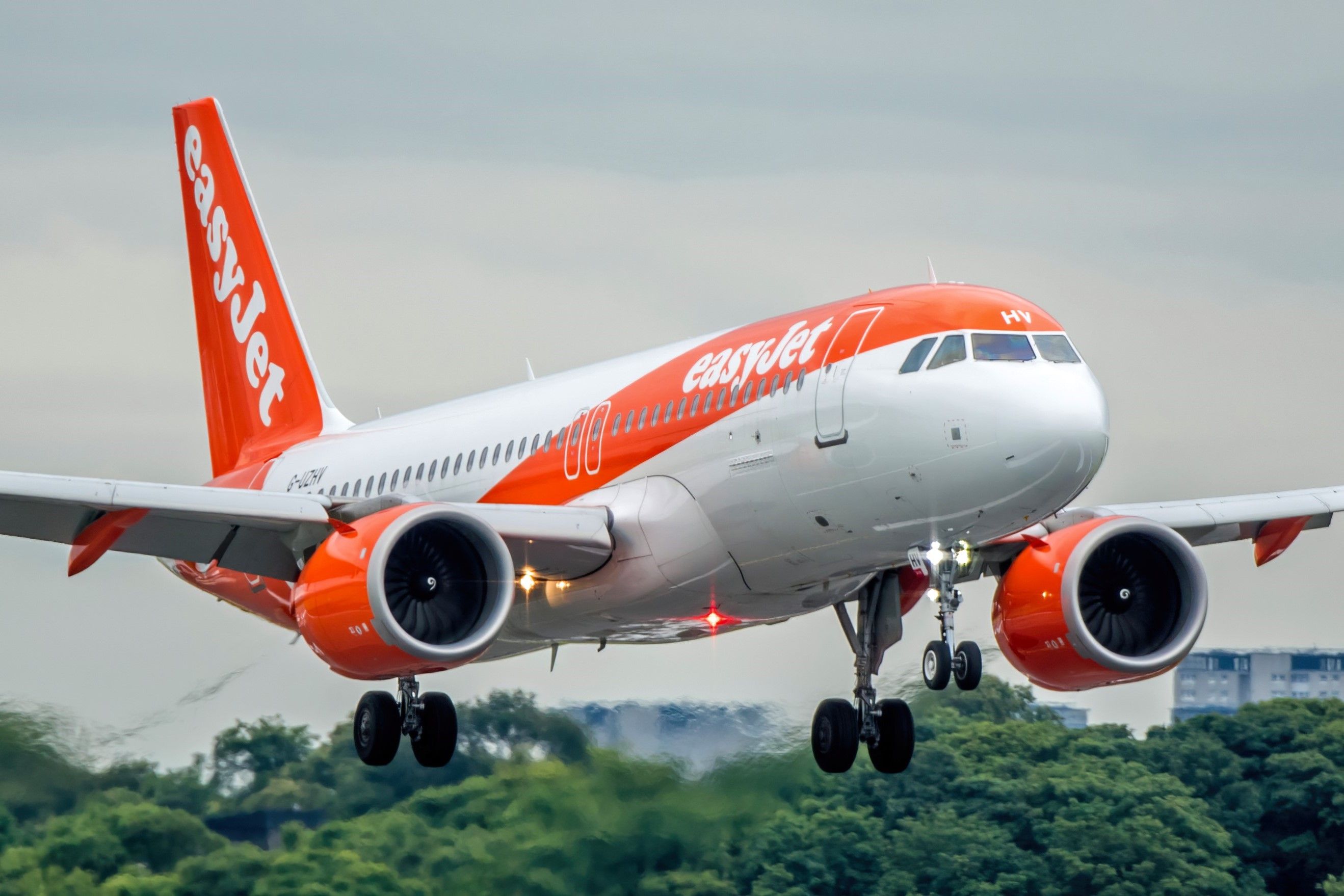
Related
Wow: easyJet Turns 95% Of Aerophobics Into Fearless Flyers
The airline has the runs on the board for those with a fear of flying but want to enjoy air travel.
As fear of flying contributes to the current downturn in bookings, the aviation industry must find ways to restore confidence and reassure passengers that flying remains the safest mode of long-distance travel. As a result, to mitigate the impact of fear-induced booking declines, airlines have implemented several strategies:
Transparent communication: Providing clear and timely information about safety measures, incident investigations, and fleet maintenance to reassure passengers.
Enhanced safety protocols: Implementing additional safety checks and protocols to prevent future incidents and demonstrating a commitment to passenger safety.
Public relations campaigns: Launching campaigns that highlight the statistical safety of air travel and sharing testimonials from satisfied passengers to rebuild confidence.
Flexible booking policies: Offering flexible booking options, including easy cancellations and rescheduling, to accommodate hesitant travelers.
Photo: Wenjie Zheng | Shutterstock
These measures aim to address both the emotional and practical concerns of passengers, striving to restore trust and encourage a return to air travel.
Economic factors amplifying the downward trend
While fear of flying is a critical factor, it’s essential to consider the broader economic context – that is not uncommon in the early days of a new presidency – that amplifies this trend. Recession fears, mass layoffs, and stock market downturns have collectively dampened consumer spending, including discretionary expenses like travel. Airlines such as Southwest, Delta, and American Airlines have adjusted their revenue projections downward, citing decreased domestic travel bookings as a reflection of these economic anxieties.
Photo: EQRoy | Shutterstock
The interplay between economic uncertainty and fear of flying creates a compounded effect, leading to a more pronounced decline in flight bookings than either factor would cause independently.
The path to recovery – for both airlines and passengers
Rebuilding passenger confidence is a multifaceted endeavor that requires collaboration between airlines, regulatory bodies, and the media. Transparency in operations, prompt addressing of safety concerns, and balanced media reporting are crucial components. Additionally, as economic conditions stabilize and positive flying experiences are shared, it’s anticipated that the fear-induced decline in bookings will gradually reverse. Continuous efforts to prioritize passenger safety and well-being will be instrumental in this recovery process.
Photo: JetBlue Airways
While airlines work to mitigate the impact of aerophobia on ticket sales, individuals who experience fear of flying can take steps to reduce the anxiety. Although aerophobia can be deeply ingrained, various methods can help individuals manage and overcome their fear of flying:
Exposure therapy – Gradual exposure to flight-related experiences, such as watching videos of takeoffs and landings or spending time in an airport, can help desensitize fears.
Cognitive Behavioral Therapy (CBT) – CBT helps individuals challenge irrational fears and replace them with logical, evidence-based thinking.
Virtual reality flight simulations – Some therapy programs offer VR experiences to simulate flights in a controlled environment.
Relaxation techniques – Deep breathing, meditation, and progressive muscle relaxation can reduce in-flight anxiety.
Education on aviation safety – Understanding how aircraft operate, the rigorous safety protocols in place, and the statistical improbability of crashes can provide reassurance.
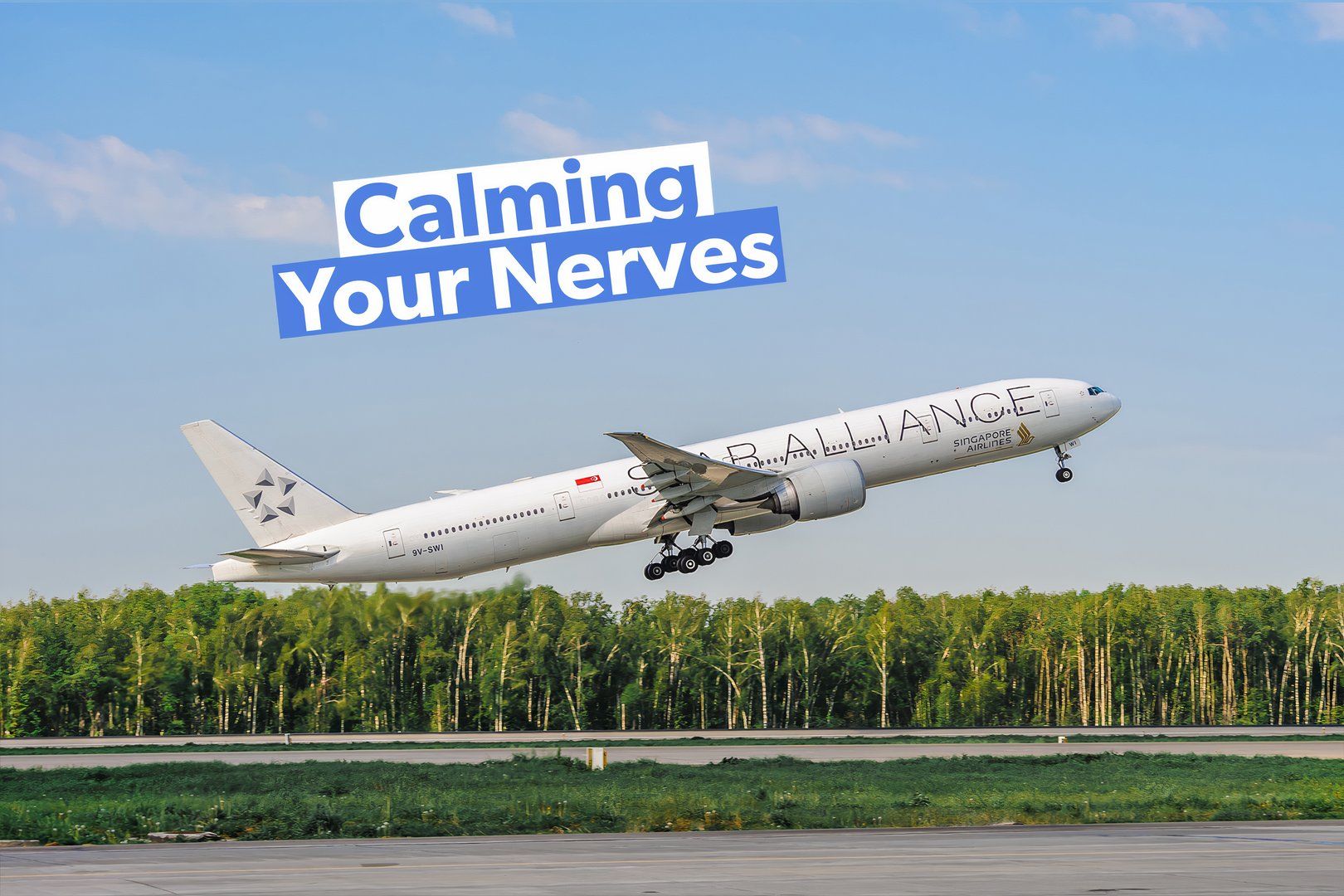
Related
5 Steps To Overcome A Fear Of Flying
Some tips to prepare and better deal with a flight.
Final thoughts
The recent downward trend in US flight bookings is a complex issue influenced by both psychological factors, such as fear of flying stemming from recent accidents, and broader economic uncertainties. Addressing this challenge requires a comprehensive approach that encompasses transparent communication, enhanced safety measures, and strategies to rebuild public trust in air travel.
Photo: Vincenzo Pace | Simple Flying
Through these concerted efforts, the aviation industry can navigate this turbulent period and work towards restoring passenger confidence and booking levels.


